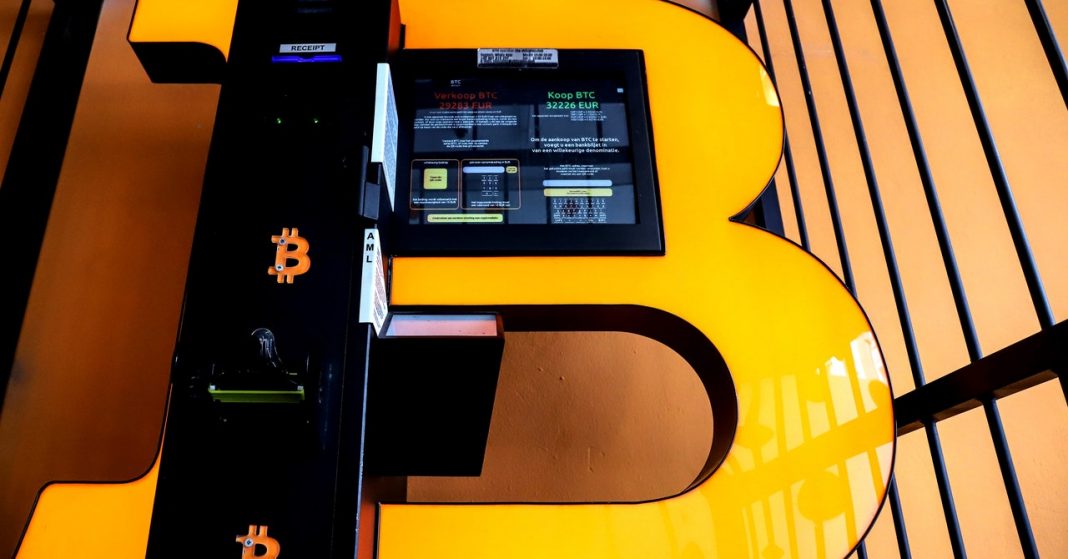Tools to trace cryptocurrencies have, over just the last several years, allowed law enforcement agencies to convict dark web black market administrators, recover millions in ransomware payments, seize billions in stolen bitcoins, and even disrupt networks of child abuse. Now one criminal defendant claims those same tools have also unjustly put him in jail for more than 15 months.
In the spring of last year, Roman Sterlingov, a 33-year-old Swedish-Russian national, was arrested by IRS criminal investigators at the Los Angeles airport and accused of creating and operating Bitcoin Fog, a bitcoin “mixing” service on the dark web that took in coins from its users and returned others with the intention of preventing forensic accountants from following that money’s trail. The Justice Department accuses Sterlingov of no less than $336 million in money laundering over Bitcoin Fog’s decade online.
Now, Sterlingov’s legal team, led by the well-known hacker defense attorney Tor Ekeland, has fired back: They’re claiming in a series of legal motions filed late yesterday that Sterlingov is innocent and vowing to take his case to trial. In doing so, Sterlingov’s defense says, they plan to show not only that he never ran Bitcoin Fog, but also that the blockchain analysis techniques used to pin the case on him were faulty, leading to his wrongful arrest and a lost year of his life.
“I did not create Bitcoin Fog. I was never an administrator of Bitcoin Fog,” Sterlingov told WIRED, speaking from a Northern Virginia jail. “I’ve been here for more than a year now. I’m really perplexed at the system that could put me in here, at what they can do to an innocent man. It’s a Kafkaesque nightmare.”
Unlike in some more clear-cut investigations of criminal use of cryptocurrency, prosecutors in Sterlingov’s case haven’t pointed to any smoking-gun digital evidence retrieved from Sterlingov’s possessions or devices when he was arrested during his trip to the US last year. Instead, the statement of facts released when charges against Sterlingov became public in April 2021 detailed a combination of blockchain-based cryptocurrency tracing, IP address matching, and online account information links. The Internal Revenue Service says that collection of evidence ties Sterlingov to Bitcoin Fog’s creation in 2011, and shows—through Bitcoin tracing in particular—that he continued to receive profits from the service as late as 2019.
“Where’s the corroborating evidence?” asks Sterlingov’s defense attorney Ekeland. He runs through the inventory of items found on Sterlingov at the time of his arrest, which he says included laptops, hard drives, backup codes for his accounts, Bitcoin debit cards, and a customized smartphone for storing cryptocurrency. “But you know what’s not found when they catch him traveling? A shred of evidence that he operated Bitcoin Fog. No witnesses, no logs, no communications. They’re pinning it on a multi-layer guessing game.”
The Department of Justice did not yet respond to WIRED’s request for comment. The IRS declined to comment on pending litigation.
Sterlingov and his lawyers yesterday filed a motion to dismiss, a motion for a bill of particulars, a motion to free seized assets, and a motion to reconsider pre-trial detention, among other items. The Department of Justice has already produced more than three terabytes of data related to the case during discovery. The defense alleges that the sheer volume of information is difficult to parse, but that nothing in it seems to establish a direct connection between Sterlingov and the creation or operation of Bitcoin Fog. And they further argue that the digital forensic analysis the prosecution has shared is flawed and opaque at best.
